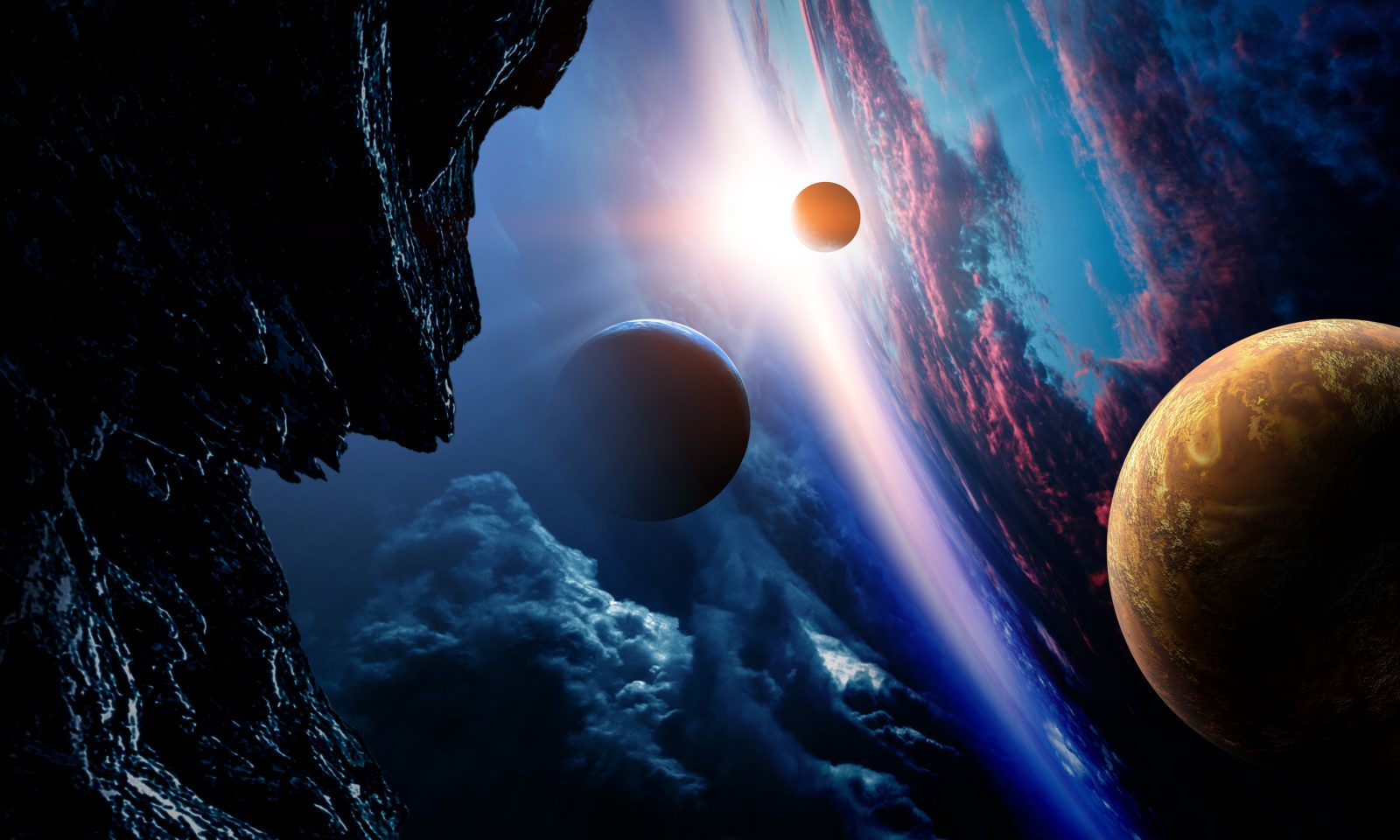
The Problem of Earth Privilege: It’s Getting Worse
On today’s ID the Future, astrobiologist Guillermo Gonzalez, co-author of The Privileged Planet, provides a rapid survey of some of the growing evidence that Earth is finely tuned in numerous ways to allow for life. He draws a helpful distinction between local fine tuning and universal fine tuning. And he tells us about the many extra-solar planets astronomers have discovered in recent years and how all that new data continues to undermine the misguided assumption (encouraged by the misnamed “Copernican Principle”) that Earth is just a humdrum planet. Far from it, Gonzalez argues. The conversation is occasioned by Gonzalez’s essay in a newly released anthology, Science and Faith in Dialogue.



